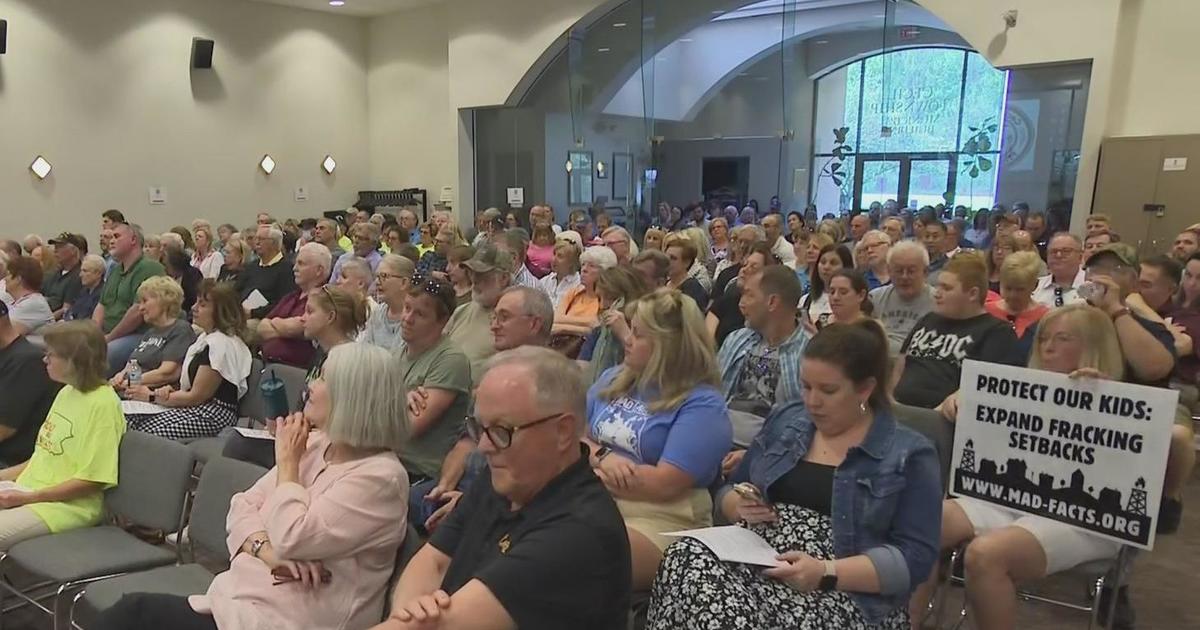Canadian wildfire smoke: What is in the air, and what is the impact on you?
PITTSBURGH (KDKA) — Air quality continues to be a worry with the Canadian Wildfire smoke lingering in our area, but what is in this air and what is the impact on you?
With concerns about air quality, machines with the Allegheny County Health Department do a real-time sampling of the air and the particulate matter that's floating around with this wildfire smoke.
Thursday was another hazy day with the smoke around. While not a code red like Wednesday, still a concern. The wildfires put more particles in the air on top of what is already in the air normally. Six county air quality sites monitored what we were breathing.
"All the activities that contribute to that baseline that we already have are still happening. We're still burning fossil fuels. We're getting this wildfire smoke on top of our normal load," CMU Mechanical Engineering Professor Dr. Albert Presto said.
Particles are a concern because they can be inhaled. Health impacts can be as simple as irritation to your eyes and throat and as severe as cancer.
"We're worried about them because they can have all sorts of health effects," Dr. Erica Smithwick, Penn State Director of the Earth and Environmental Institute, said.
It's recommended children especially have some extra caution. While it's still OK for them to be outside, just take it a little easier. If they have health conditions like asthma, maybe stay inside with the air on.
Doctor Joe Aracri, system chair for pediatrics with AHN, said there should not be long-term problems from this air, as opposed to other areas that have it much worse.
"This is going to be more episodic, seeing how it affects them right now, tomorrow or the next day," Aracri told KDKA-TV.
There have been some suggestions of wearing a mask again like during the pandemic. He feels with these fine particles, they won't do much.
"These are particles that can actually pass-through masks pretty easily. So unless you're using an N-100 or respirator, you're not getting too much of a benefit from using a mask," Dr. Aracri said.
With this smoke being so dependent on the weather, it is hard to say when a better time is for enjoying the outdoors.
"Usual times you would have more difficulty in the morning or evenings because you have more pollen released at those times. With something we are experiencing now, it depends on how the wind blows," Dr. Aracri said.
If a child runs into any issues, it's recommended you bring them inside, wash their face and try to flush out their nose.




